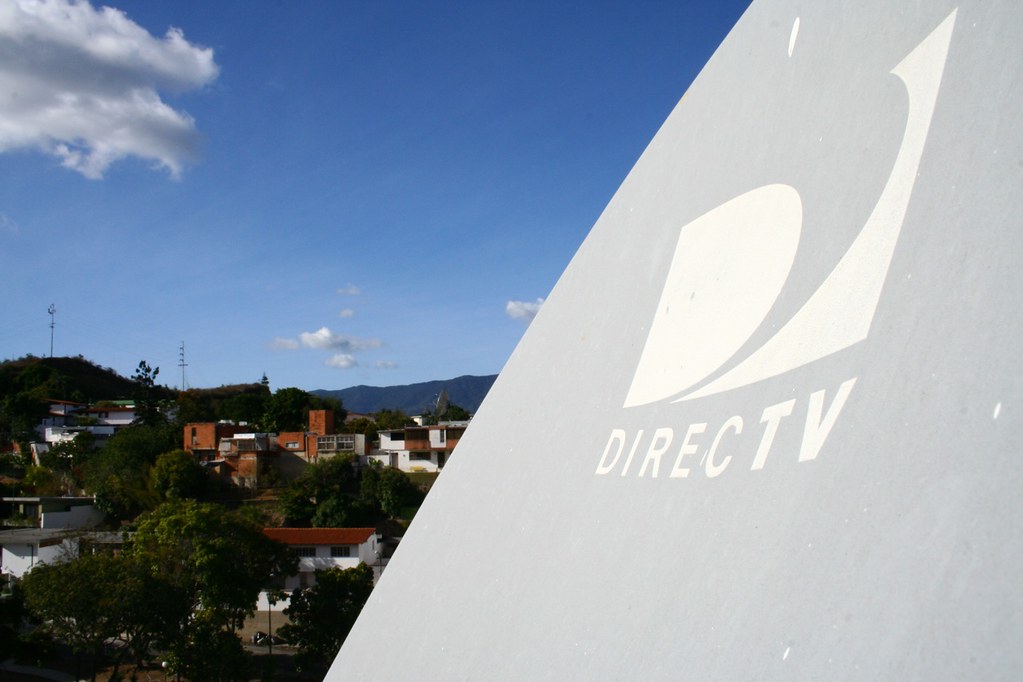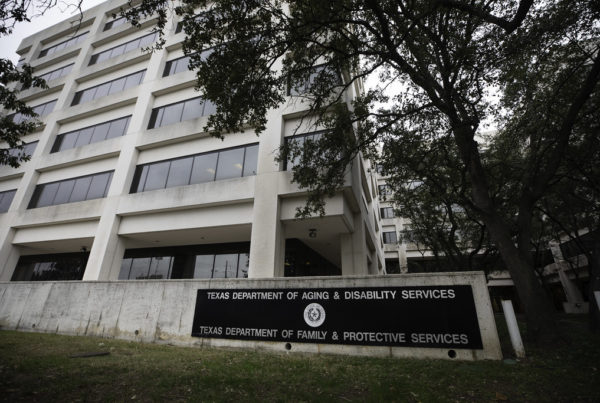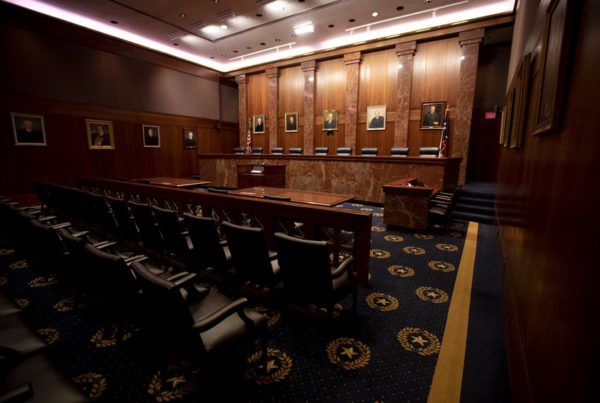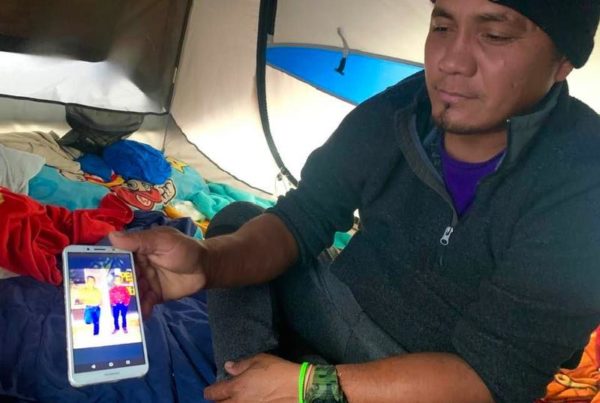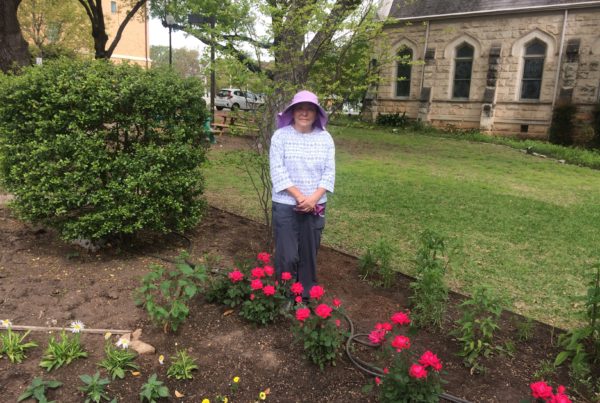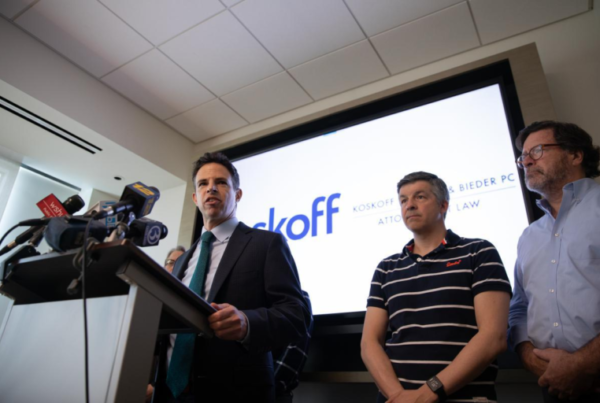Last April, news organizations broadcast images of military trucks running over people protesting against Venezuelan President Nicolás Maduro to a worldwide audience. After that, Maduro ordered local broadcasting companies to stop airing CNN and BBC. And DirecTV, which is owned by AT&T and happens to be Venezuela’s largest pay TV provider, also complied.
Now, the Dallas-based company is caught between demands from Maduro’s government and the U.S State Department, which opposes the censorship.
Joshua Goodman is a Latin-America correspondent for the Associated Press, and says that AT&T has to abide by Maduro’s orders if it wants to operate in Venezuela. AT&T reaches 2 million homes there. But the State Department is also pushing the company to bring back channels it has blocked in recent years. About a half-dozen of those are international news channels.
“Those are the channels that really irritate the Maduro government more than anything else,” Goodman says.
But Goodman says workers there could be in danger if AT&T tries to push against Maduro’s orders. He spoke to people in the industry who told him that “when the order comes to remove the channel from the air, it’s pretty quick,” he says. “They threaten you over the phone, and, in some instances, in the case of DirecTV, twice they sent security forces out to their installations.”
If AT&T follows orders from the State Department, it could lose its license to operate in Venezuela.
“[They could] be seen as somehow doing the bidding of the U.S. government and the Venezuelan opposition,” Goodman says.
He says one option for AT&T is to leave Venezuela but still transmit programs to satellite dishes there.
“It would be sort of like a pirated service, if you will,” Goodman says.
In the meantime, Goodman expects lawmakers in Venezuela’s National Assembly – which opposes Maduro’s presidency – to develop new broadcasting standards.
“DirecTV, then, is gonna have to choose: does it listen to the Maduro government or obey what the U.S. sees as the only Democratic institution left in Venezuela?” Goodman says.
Written by Samantha Carrizal and Caroline Covington.


